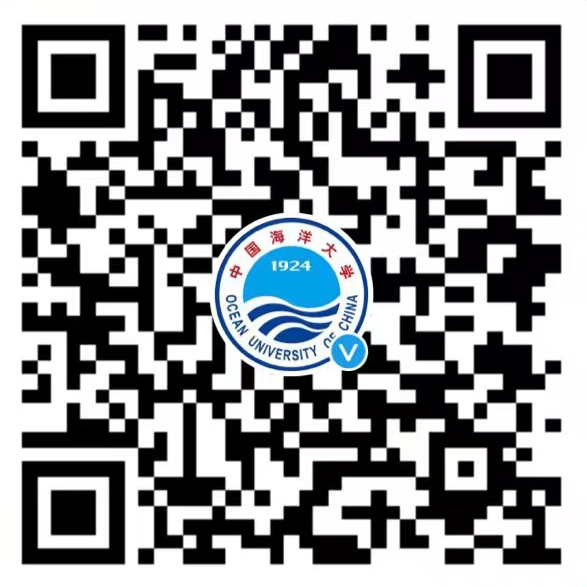
The International Symposium on Polar Ocean and Global Change (iSPOGOC2024) was held in Qingdao. The Symposium was a highlight academic event in celebration of OUC’s 100th anniversary and the Polar Week of OUC. Over 180 researchers gathered to discuss the frontier academic issues.
In the opening ceremony, Prof. Liu Yong, Vice President of OUC, extended a warm welcome to all the participants, and reviewed the century-long history of OUC and the 40-year development history of polar expeditions. He highlighted OUC’s contributions to building a strong maritime country and promoting global marine cooperation. He noted that this year marks OUC’s 100th anniversary and also the 40th anniversary of China's first polar expedition. He expected that all the participants would strengthen cooperation, research on polar changes and their impacts, and contribute to the building of a global community with a shared future.
Prof. Shi Jiuxin, Director of the Key Lab of Polar Oceanography and Global Ocean Change, presided over the opening ceremony. After the opening ceremony, the session of keynote reports began. Academician Matthew England from the University of New South Wales in Australia presented the changes in polar ocean water masses in the past 50 years, and predicted future trends. Prof. Agus Santoso, Director of the project office of the “Climate and Ocean: Variability, Predictability and Change (CLIVAR)”, analyzed the impact of El Niño and Southern Oscillation (ENSO) variability on sea ice melting in the Antarctica and ocean warming under ice shelves. Prof. Yuri Mazei, Acting Rector of Lomonosov Moscow State University in Russia, focused on the ecology of benthic ciliates in the Arctic Ocean, and discussed their responses to climate change. Academician Fu Qiang from the University of Washington, Prof. Judah Cohen from the Massachusetts Institute of Technology, and Researcher Young-Oh Kwon from the Woods Hole Oceanographic Institution shared their latest research on Arctic Ocean warming and Arctic amplification in the form of online reports.
During the conference, more than 70 scholars presented 52 reports and 21 posters in four topics, namely, changes in the marine cryosphere and ice-sea interaction, polar ocean dynamic and thermodynamic processes, polar marine ecosystem and biogeochemical cycle, and atmosphere-polar ocean coupling and its global effects.







